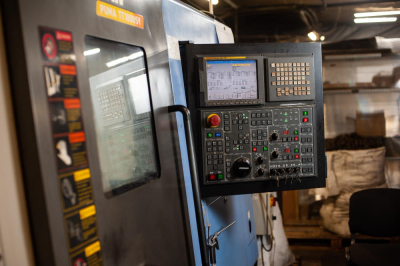The Stakes Behind Sensitive Shipments
In industries like healthcare, finance, and cloud computing, the failure to deliver a shipment on time isn’t just a missed deadline — it can cost lives, millions of dollars, or national infrastructure stability.
For example, during the early stages of the COVID-19 pandemic, air cargo played a pivotal role in transporting ventilators, personal protective equipment (PPE), and mobile labs across continents — often within 48 hours. According to the World Health Organization, over 60% of these emergency shipments relied on expedited air freight due to disrupted maritime and ground routes.
This level of urgency requires experienced logistics providers that understand both the operational and regulatory demands of sensitive cargo. One such example is ACGC, which specializes in customized solutions for mission-critical freight involving strict timelines, secure handling, and international compliance.
What Makes Cargo “High-Value”?
High-value air cargo doesn’t always mean luxury goods. It’s often defined by fragility, urgency, or regulatory complexity. Common examples include:
- Medical devices and diagnostics kits
- Lithium-ion battery components
- Semiconductor wafers and chipsets
- Telecom base stations and 5G modules
- Priceless artworks or museum exhibits
- Diplomatic and secure communications equipment
These items demand not only rapid transit but also specific handling protocols — such as climate control, anti-static packaging, and real-time monitoring.
Precision Meets Security - The Role of Specialized Air Freight
Unlike general cargo, high-value shipments require tailored solutions from start to finish. Routing must minimize risk and delay. Packaging must withstand vibration and temperature swings. Customs clearance must comply with tight regulations, particularly when transporting controlled technologies or biologically sensitive materials.
Why Air Cargo Is Still the Only Option
Despite global efforts to decarbonize transport, air freight remains the only viable choice for urgent, irreplaceable shipments. This is especially true when:
- Ocean freight is too slow or unavailable due to port disruptions
- Ground transportation can't offer adequate temperature control
- Items are too sensitive to wait in transit warehouses
The trade-off is environmental, but many operators now work toward minimizing impact through route optimization, greener packaging, and investment in sustainable aviation fuels (SAF).
Logistics as a Strategic Asset
Sensitive cargo logistics is no longer just about transportation — it’s about enabling critical missions. Whether it’s a life-saving device, a data center component, or a museum artifact, each shipment moves within a web of timing, risk, and value.
As supply chains become more interconnected and digitized, the demand for specialized air freight will only grow. And in this space, logistics is not a background process — it’s a mission-critical function with global consequences.


 Embarking on a journey through the intricate world of custom foam creations, you'll quickly realize the paramount importance of precision
Embarking on a journey through the intricate world of custom foam creations, you'll quickly realize the paramount importance of precision Are you tired of overpaying for car insurance? Finding affordable car insurance in Ontario requires balancing cost with the right
Are you tired of overpaying for car insurance? Finding affordable car insurance in Ontario requires balancing cost with the right Industrial chillers are crucial in any setting that relies on heavy equipment with massive waste heat. They ensure safe and
Industrial chillers are crucial in any setting that relies on heavy equipment with massive waste heat. They ensure safe and

